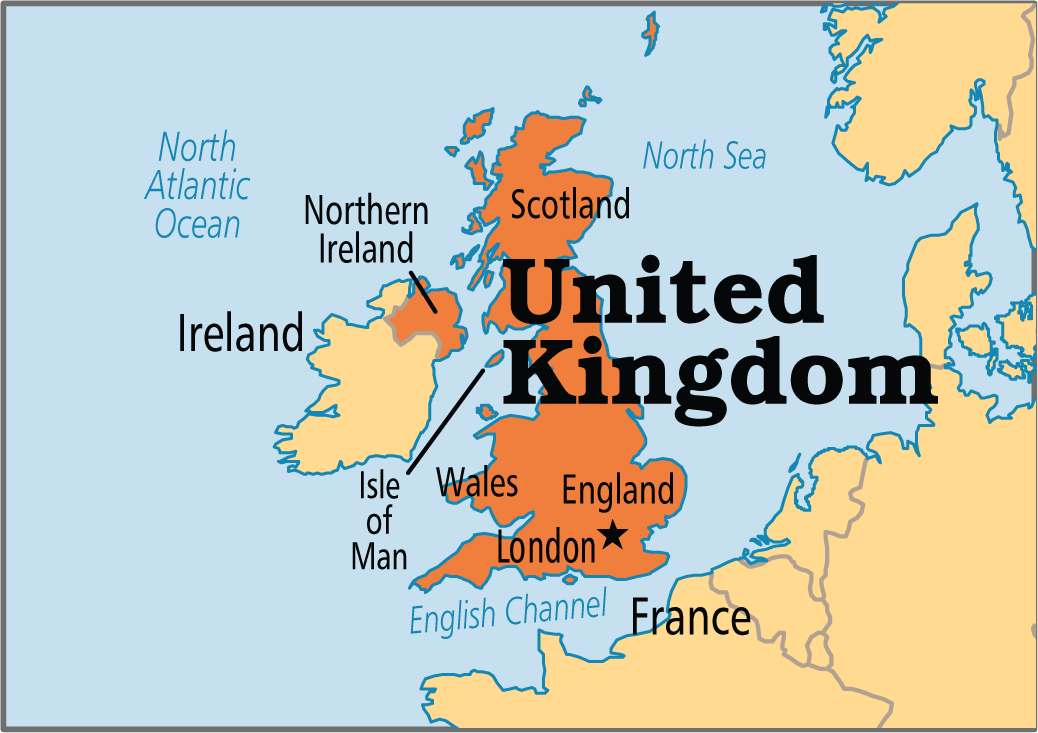International Relations
UK Internal Market Bill, 2020
- 10 Sep 2020
- 4 min read
Why in News
The new UK Internal Market Bill has run into controversy over its impact on talks with the European Union (EU) and on international treaties, given it could rewrite parts of the Brexit withdrawal agreement.
Key Points
- About the Bill:
- The bill is designed to “protect jobs and trade” within the UK after the end of 2020’s transition period for leaving the EU.
- Under the withdrawal treaty, a transition period has been finalised until December 2020.
- It will enable the UK government to provide financial assistance to Scotland, Wales, and Northern Ireland and with new powers to spend taxpayers’ money previously administered by the EU.
- It will also empower ministers to pass regulations, specifically on trade and state aid, even if they are contrary to the agreement previously reached with the EU under what is known as the Irish Backstop (earlier known as the Northern Ireland Protocol).
- Irish Backstop is the draft agreement between the UK and the EU that aims to prevent a hard border (limited number of authorised crossing points staffed by customs officers and police) in Ireland after the UK leaves the EU.
- Northern Ireland will become the UK’s only land border with the EU after the transition ends.
- The UK has held that the Bill is needed for a smooth trade between England, Scotland, Wales and Northern Ireland, and will help power recovery from the Covid-19 pandemic.
- The bill is designed to “protect jobs and trade” within the UK after the end of 2020’s transition period for leaving the EU.
- Current System:
- Currently, the UK is a part of the European single market, with jointly agreed regulations and standards right across the continent.
- Post-Brexit, the UK wants to continue to have a joint and “internal market” across England, Scotland, Wales and Northern Ireland.
- Due to Brexit, rules and regulations around things like food and air quality and animal welfare have to be set in the UK only but there is a conflict on who should have the ultimate authority out of the four countries.
- Criticisms:
- Under the EU Withdrawal Treaty, England is meant to cooperate with Brussels (EU’s Headquarter) on any arrangements for Northern Ireland and not decide on such matters all by itself.
- Scotland holds that the new Bill is a just a power-grab by England from the devolved administrations in Scotland itself, Wales and Northern Ireland.
- All four nations will have to accept goods at the standards set in any one country so there are fears local quality controls could be dragged down to the lowest common denominator if England sets any such standard which is not practical or profitable for the rest of the three countries.
- Furthermore, under the current proposals, any disputes would be settled by a new Office for the Internal Market.
- This might be envisioned as an independent third party forum, but the devolved administrations see it as being another example of decisions being taken out of their hands.







